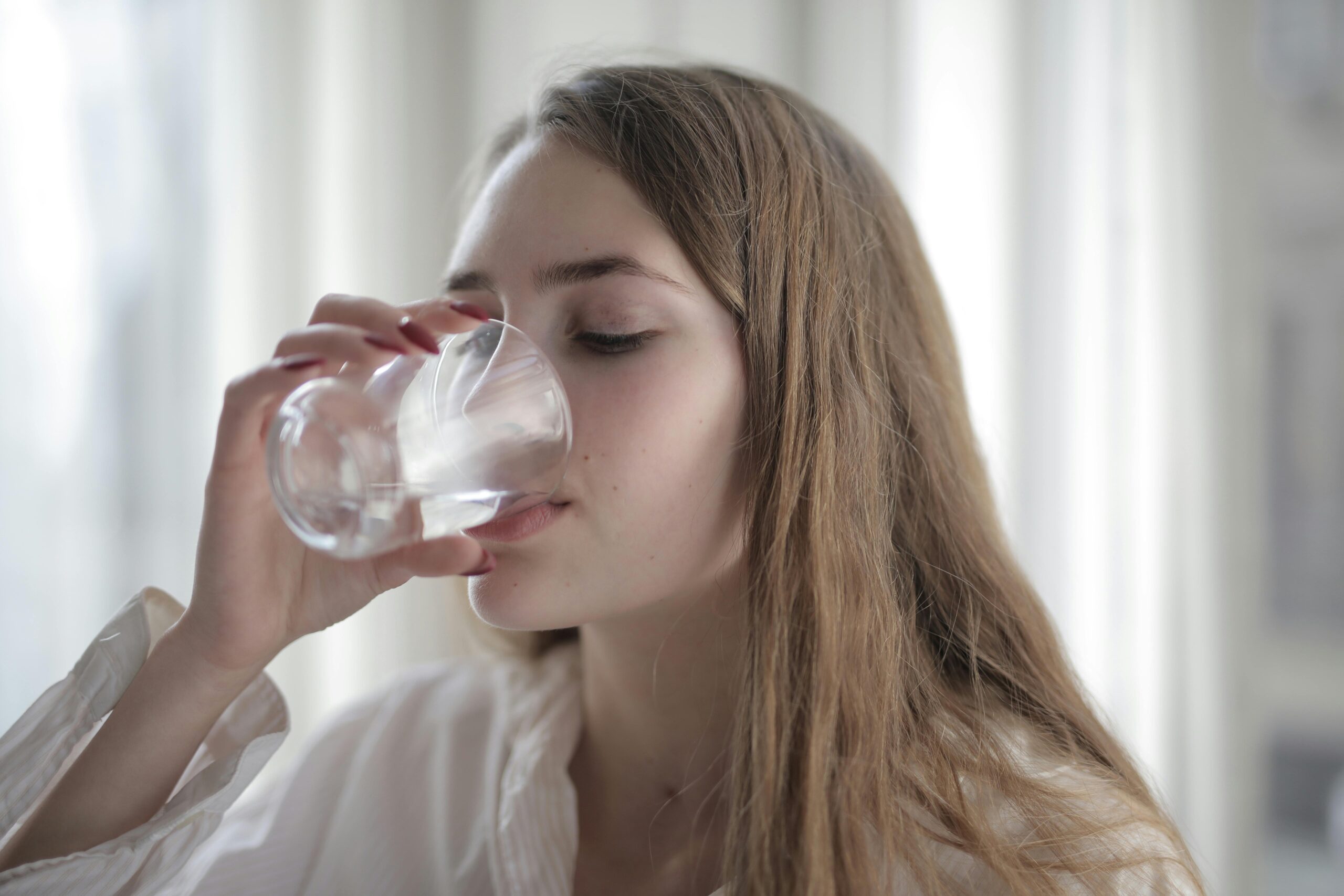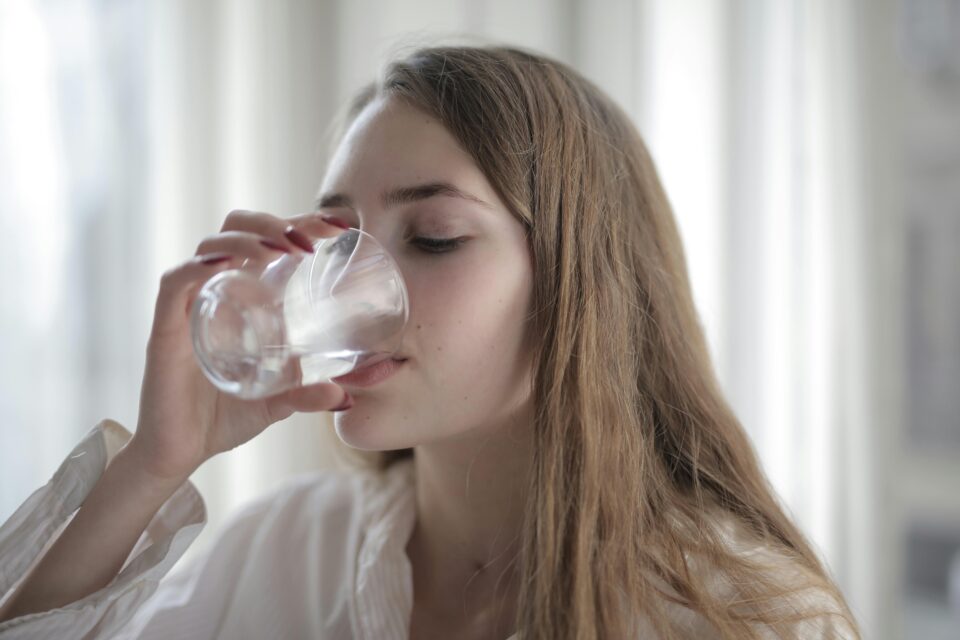What is Hydration?
Hydration refers to the process of absorbing water into the body to maintain balance and function. Without enough fluid, every system in your body — from your brain to your immune system — starts to suffer. In this guide, we’ll be answering “why is hydration important?” and how you can stay properly hydrated every day for better health and wellbeing.
1. Brain Performance
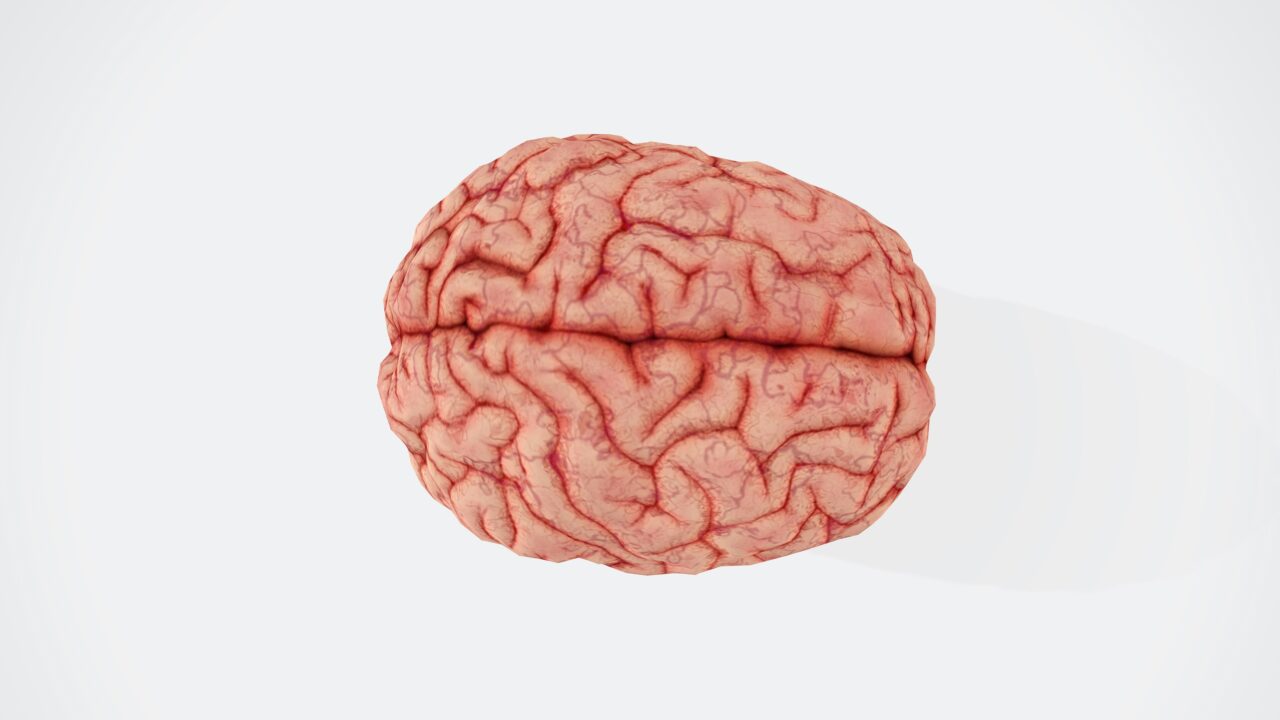
Water accounts for about 75% of brain mass, which makes it clear why hydration is so vital for mental performance.
- Even mild dehydration — just 2% body water loss — can negatively affect concentration, reaction time, memory, and mood.
- Symptoms of moderate dehydration and electrolyte imbalance can include:
- Thirst
- Brain fog
- Fatigue
- Dry mouth and skin, particularly the lips
- Headache
- Dark urine
- Studies show that women are more sensitive to the cognitive and physical effects of dehydration, such as headaches and issues with concentration, compared to men.
Tip: Keep a reusable bottle with you so that you can keep sipping wherever you go. Most workplaces now offer office water coolers equipped with filters so you can keep your bottle topped up with fresh, crisp water throughout the day.
2. Joint Lubrication
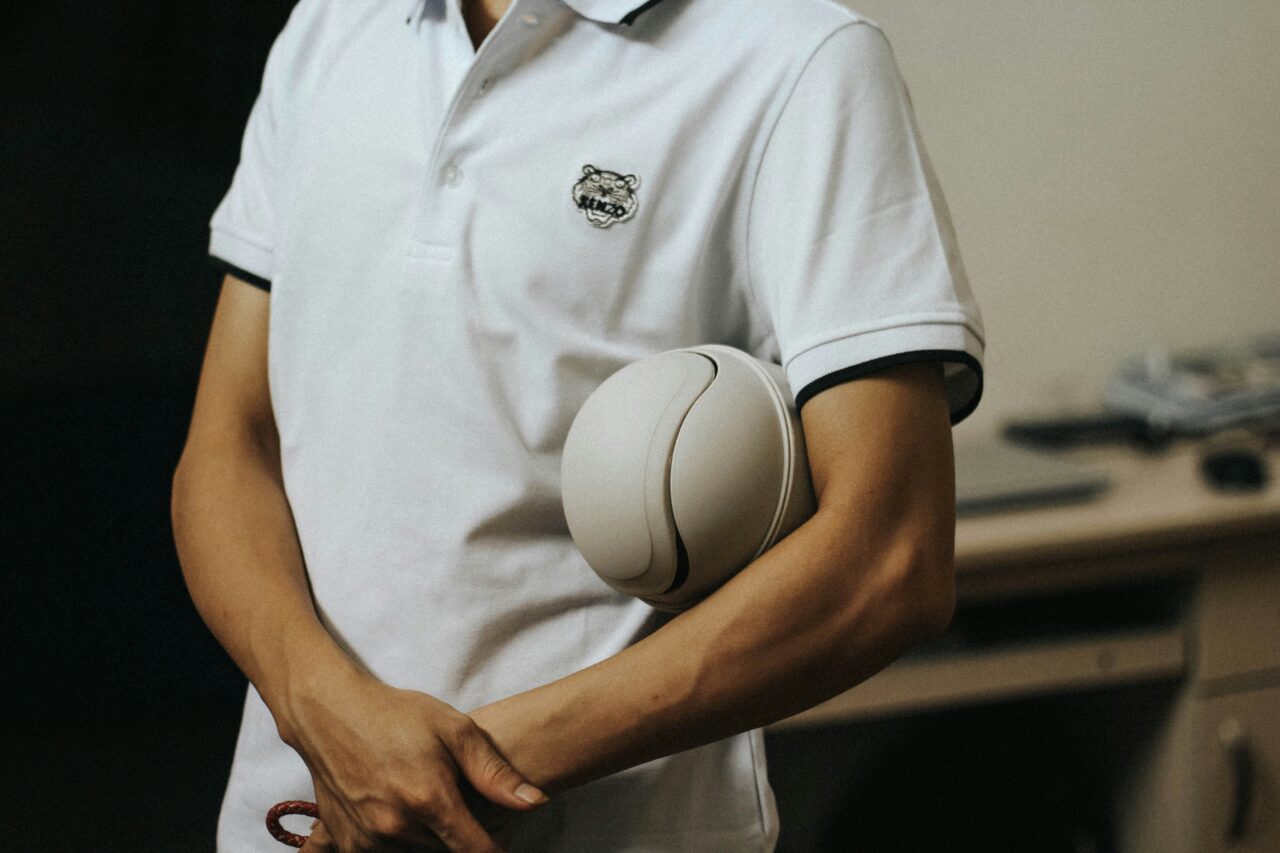
An often-overlooked consideration when it comes to hydration is joint health. Regardless of your activity levels or age, looking after your joins is extremely important as even everyday wear and tear can cause chronic pain and inflammation over time.
- 70–80% of articular joint cartilage is made up of water.
- Synovial fluid, a gel-like substance in your joints, needs water to cushion movements, absorb shocks, and reduce friction.
Takeaway: When it comes to joints, prevention is the best cure. Staying hydrated helps maintain joint flexibility and comfort, allowing you to move freely and pain-free.
3. Oxygen Delivery

Blood is about 90% water, and dehydration can lead to a decrease in blood volume which makes it harder for your heart to pump oxygen to your organs and muscles. It also plays a big role in the health of the respiratory system:
- Good hydration supports healthy mucous membranes by preventing the thickening of mucus and therefore congestion in the respiratory system.
- Mucus is helpful for catching unwanted particles such as pollen and dust and preventing them from entering our respiratory system.
- Your blood also carries essential vitamins, minerals, and proteins to every cell in your body.
Tip: If you’re wondering how to hydrate fast after exercise or illness, sipping fresh water is the best place to start. Hydration tablets or sports drinks that contain electrolytes (sodium and chloride, types of salt, conduct electrical charges in your body. It’s why sweat tastes salty!) and vitamins can also be a quick solution to replenish lost electrolytes but are often only necessary for athletes and severe dehydration.
4. Temperature Regulation
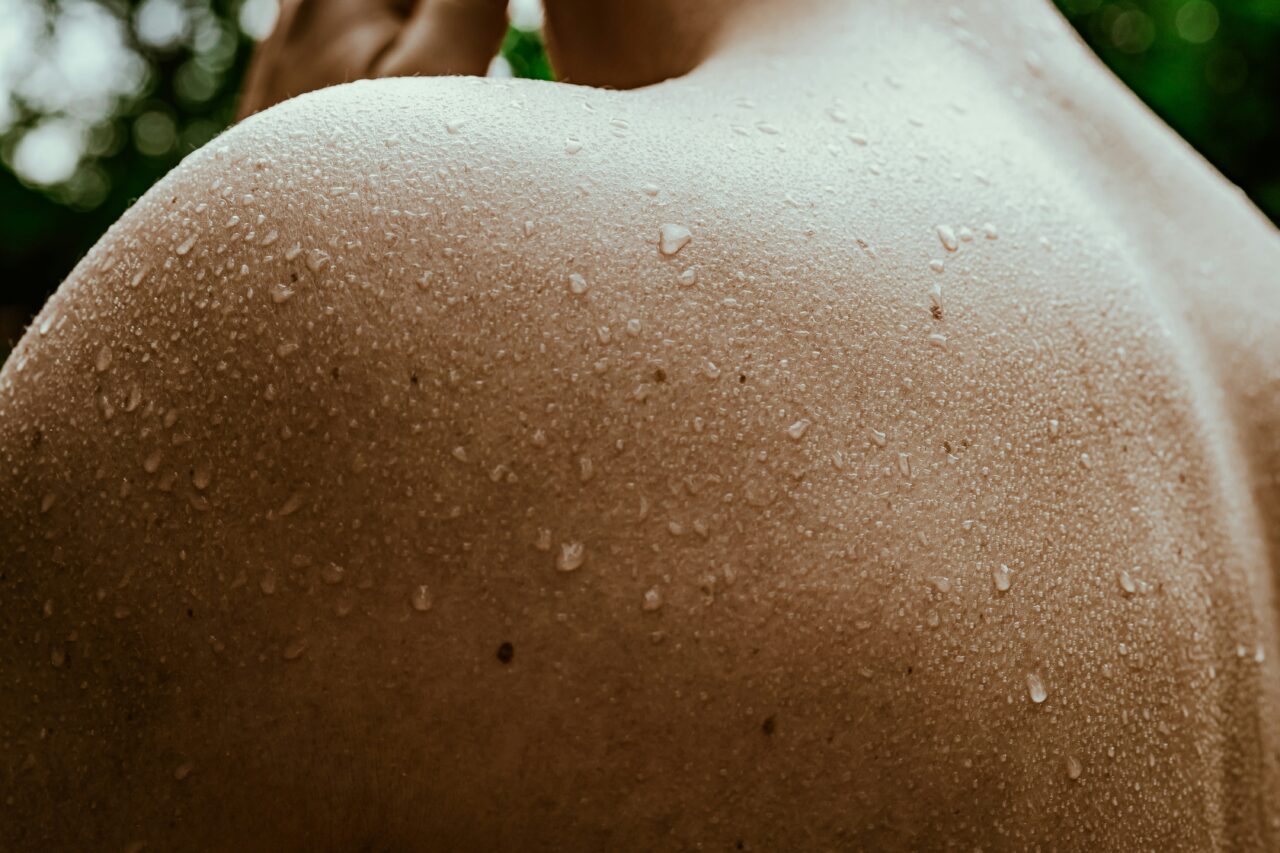
Feeling like a hot, sweaty mess might be uncomfortable after a hard workout session or while visiting a hot country, but it’s an essential part of your body’s temperature regulation.
- Sweating cools you down by absorbing heat from your body and evaporating, carrying the heat away and leaving you feeling cooler. This process is effective, but it also leads to water and electrolyte loss if the body is not sufficiently rehydrated.
- Without enough fluid intake, you risk overheating and suffering from electrolyte imbalance. Sodium and chloride, salt minerals in your body, are excreted along with water when you sweat. These minerals are essential to nerve and muscle function. By staying hydrated, you can reduce the concentration of these minerals in your sweat and thus reduce the amount lost to perspiration.
Tip: If you’re exerting yourself or spending time in a hot climate, your body will try to cool you down by producing sweat which is then wicked away by the air, providing a cooling sensation. Be mindful that hot weather and exercise can cause you to lose water more quickly, so it’s important you have access to clean drinking water on these occasions.
5. Digestive Aid

Hydration supports every step of your digestive process.
- Water aids in the production of saliva, crucial for breaking down carbohydrates.
- It forms part of the stomach acid that digests food and softens stool to prevent constipation.
Fun Fact: Drinking a glass of clean water with fresh lemon first thing in the morning can provide you with mood-boosting citrus “zing”.
6. Detoxification
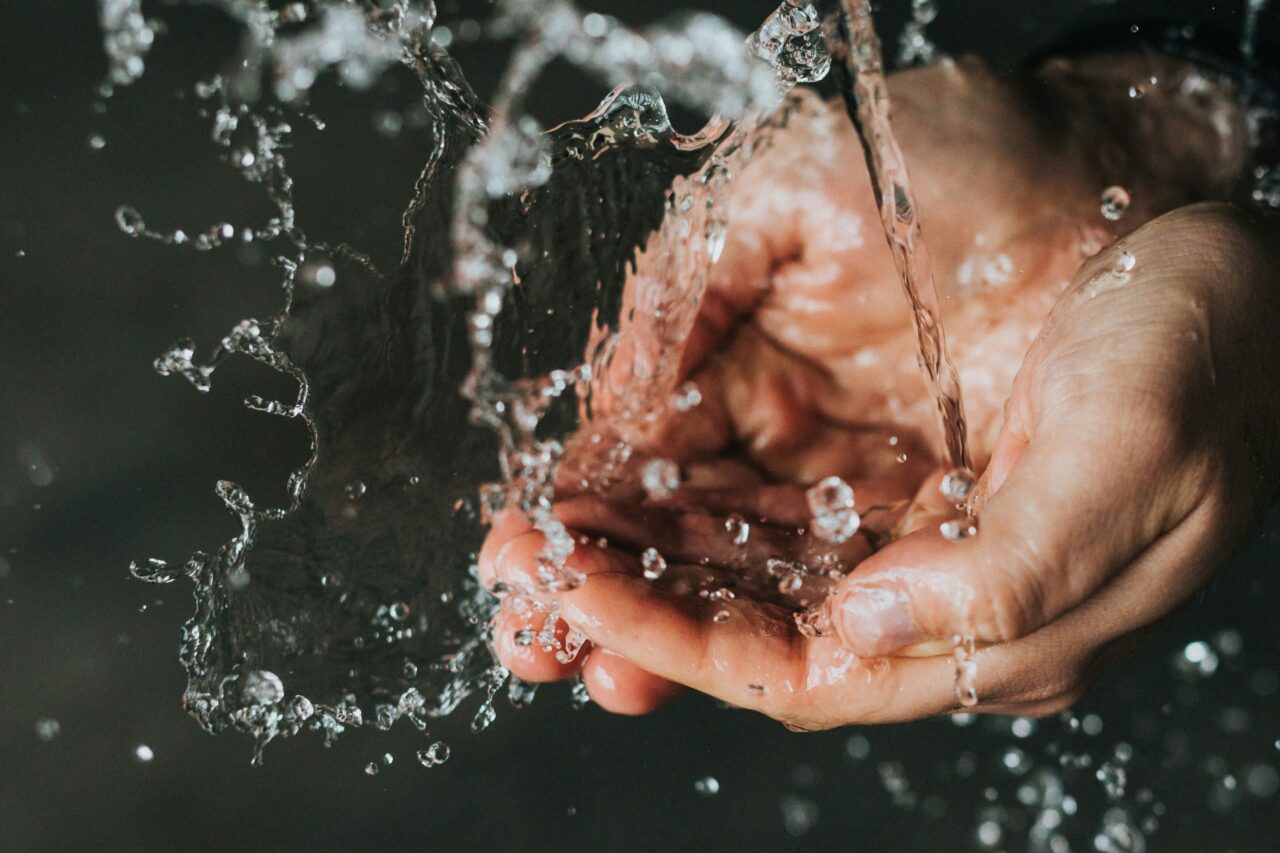
Many trendy products claim to “detox” your body — but your body’s natural detox systems, like the liver and kidneys, are incredibly efficient when you are well hydrated.
- Water helps these organs remove waste products from the body.
- Lack of proper hydration can lead to issues like kidney stones, urinary tract infections, and liver strain.
Tip: Drink clean, fresh water regularly to support your body’s natural cleaning processes. Specialty drinks like lemon water can offer extra flavour, but plain water works perfectly on its own in most cases.
7. Skin Health
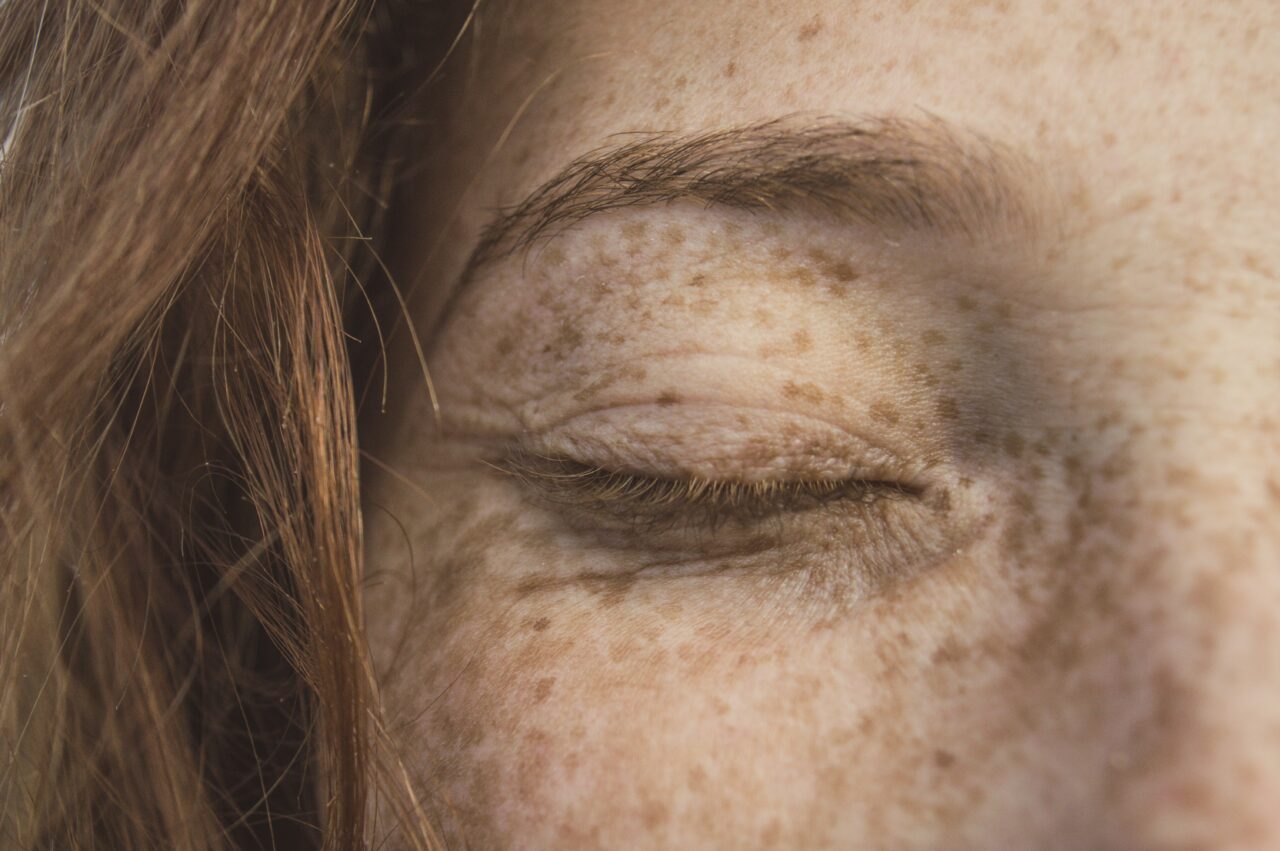
If you’re looking for a natural glow, hydration is your best friend.
- The skin relies on water for elasticity, healing, and toxin removal for the prevention of acne.
- Your skin is the largest organ in your body, and benefits from improved blood flow just as much as your heart, liver, kidneys, and more.
- Drinking water delivers nutrients from within, and applying moisturiser can act as a barrier to prevent moisture being lost from the surface of the skin.
Tip: Fresh water rich in minerals can be especially beneficial for skin health. Boost your intake with hydrating foods like cucumber and watermelon for added benefits.
8. Illness Prevention
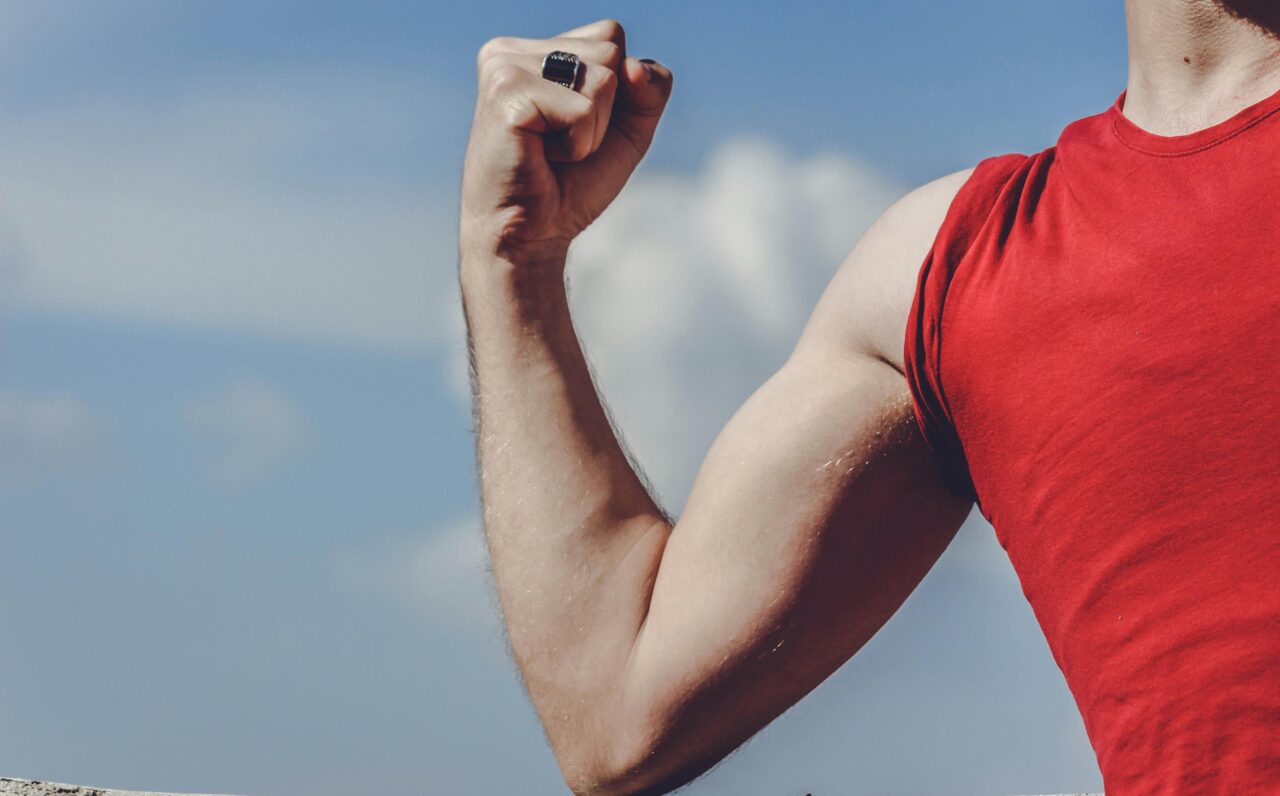
Your immune system works best when supported by good hydration habits.
- Water keeps mucous membranes moist and functional, acting as a barrier against viruses and bacteria.
- Proper blood flow, powered by hydration, ensures immune cells are efficiently transported around the body.
Tip: Staying hydrated not only helps prevent illness but also supports quicker recovery if you do get sick.
9. Hydrating Foods
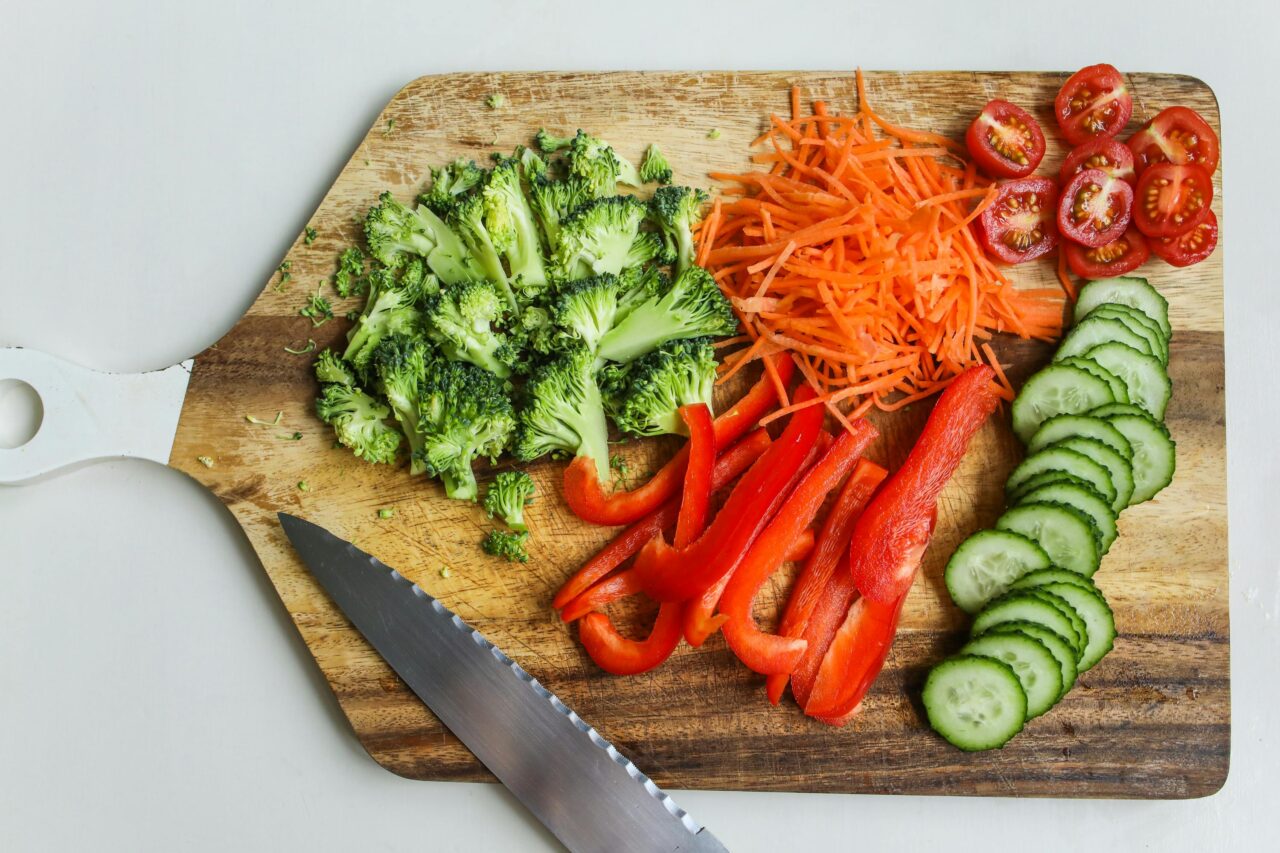
Drinking water isn’t the only way that you can incorporate healthy hydration habits into your lifestyle. A lot of the food we eat still has a high water content (even pizza is 40-49% water!) but the best way to get hydration from food is to eat more fruits and vegetables.
- Cucumbers (96% water)
- Watermelon (92% water)
- Strawberries (91% water)
- Lettuce (95% water)
- Tomatoes (94% water)
Bonus: These foods also provide natural vitamins and minerals to help boost your overall health, as well as being low in calories.
10. Morning Hydration

After 8 hours of sleep, your body naturally wakes up dehydrated from fasting while you’re asleep.
- Drinking a glass of water first thing in the morning rehydrates your body, kickstarts your metabolism, and supports digestion.
- If you prefer to start your morning with something that has more “kick” to it, like a cup of tea or coffee, you’ll be happy to hear that even though these beverages that are considered diuretics, they are still considered by the NHS to be part of your daily fluid intake.
Tip: You might wonder — can you hydrate with carbonated water? Yes! Sparkling water is just as effective as still water. If you prefer a touch of fizz with your hydration, why not check to see if your office water tap has a carbonation feature? You can’t go wrong with some added sparkle.
Key Takeaways
So now you know why your mum and wellness influencers alike are always telling you to drink more water. Hydration is vital for almost every system in your body. From brain function and joint support to skin glow and illness prevention, proper hydration is one of the simplest but most powerful health habits you can develop.
Quick Hydration Tips:
- Drink plenty of fresh water regularly throughout the day.
- Add a slice of lemon or lime to enhance flavour, but be sceptical of claims that these can aid in hydration.
- Drink plenty of fluids before, during and after exercise or while exposed to hot climates to replace water lost through sweat.
- Eating foods high in water content, like watermelon and cucumber, are a great way to ensure you’re getting consumer water even at meal times.
- Tea, coffee, and Coke Zero all still count towards your daily water intake, but overconsumption may produce negative side effects. The ultimate hydration is plain old-fashioned water.
- Not a fan of plain water? Carbonated water is just as good at hydrating you as still water, so fill your boots! Office water dispensers often come with a sparkling function, so you can enjoy the bubbles without having to purchase any single-use plastic bottles.
By understanding how to stay hydrated and how to hydrate fast when needed, you can support your body’s natural cleaning and healing processes — and feel your absolute best, inside and out.
